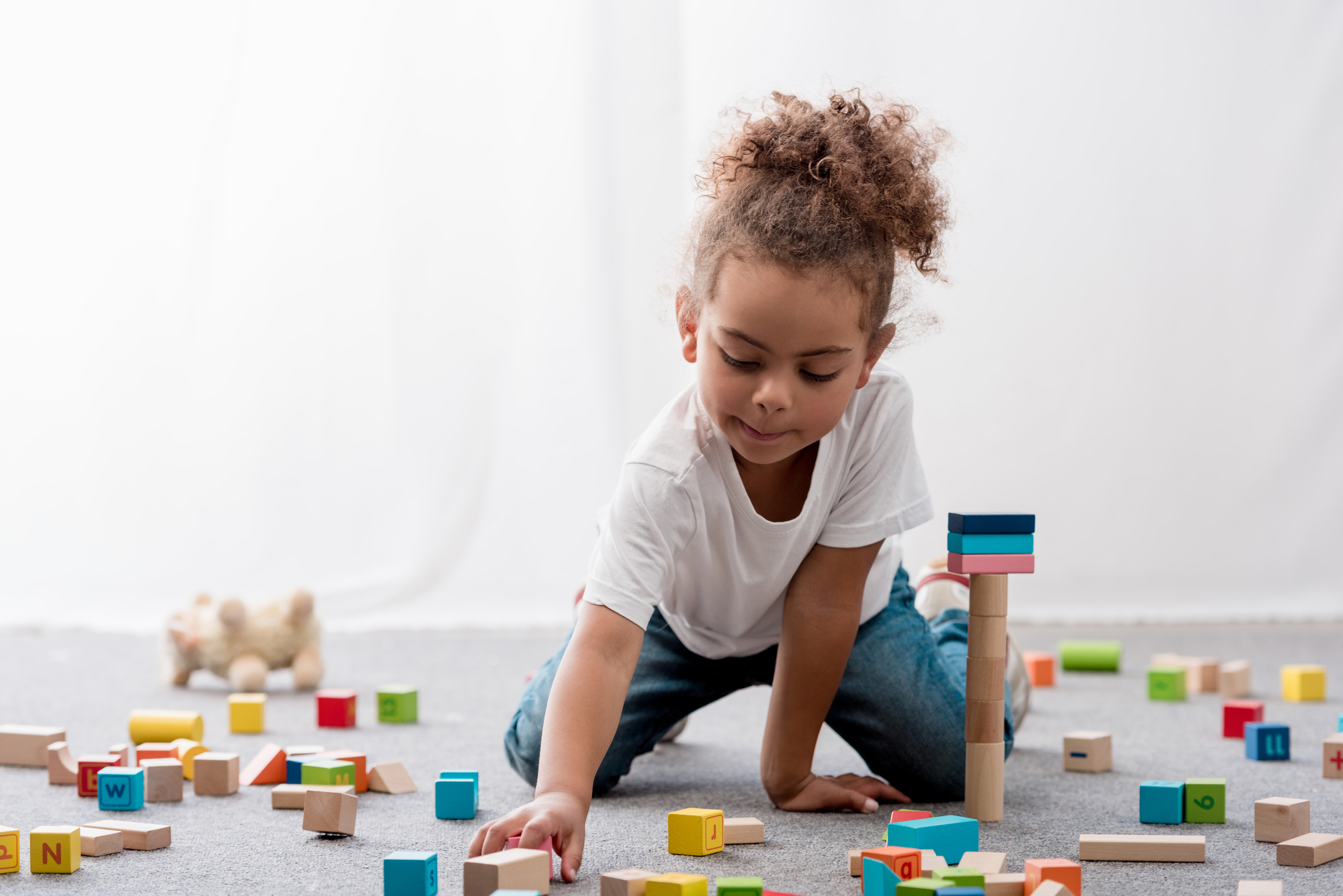- (310) 674-5011
- iapsacademy@yahoo.com
- Mon - Fri: 6:30 am - 6:00 pm


During these years, children need to acquire what psychologist Erik Erikson called “basic trust” a pervasive sense of the essential trustworthiness of oneself and others. We at first try to establish the sense of safety and security that comes from responsive, predictable care from familiar people to whom one is attached. Without this sense, the world is far too scary a place to cope with and learn about. Teachers understand that the parent-child relationship is primary and parents are encouraged to call anytime with ideas, questions, or concerns.
Infants and toddlers are sensory motor beings. They explore the world with their senses and developing motor skills. Long before they understand concepts like “under” or “far” with their minds, their bodies are learning to navigate the up and down, over and under of the physical world. Their perceptions are sorting out sizes, colors, and shapes. The curriculum provides infants and toddlers with a right learning environment with appropriate learning centers planned and organized to maximize:
For younger babies: reaching grasping, kicking, holding, pulling and standing, creeping and crawling in, out, over, under. For toddlers: gripping, throwing, manipulating, walking, climbing, pushing, pulling, etc.
Explorations of texture, color, patterns, size and shape, smell, taste, weight.
Object permanence, spatial relationships, classifying, collecting and dumping, cause and effect experiences, problem-solving.
Adult-child conversations, reading and language play, explorations in music, rhyming, and sound explorations.
Art, movement, imitation and beginning dramatic play, doll and stuffed animal play.
